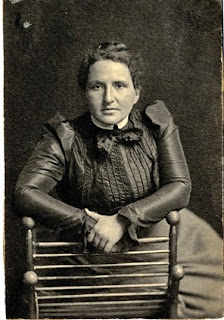"I didn't get much sleep last night
thinking about underwear
Have you ever stopped to consider
underwear in the abstract ..."
Lawrence Ferlinghetti, 'Underwear', in Penguin Modern Poets 5 (1963)
This was one of my favourite poems when I was in my late teens in the late 60s. My original copy is falling apart (has fallen, actually, with very little glue holding this slim volume together.)
I have another, less-falling-apart copy. I had a bit of a thing about this book, and used to buy up copies I saw, so that I'd always have one. My third copy, bought guiltily after the second-hand bookshop owner told me that the beats were very popular with young people, was eventually given away to a Young Person.
So: Gregory Corso, Lawrence Ferlinghetti and Allen Ginsberg are the poets in this book. I'm not so keen on the Ferlinghetti now. Ginsberg remains my favourite, and I have a book of his poems as well.
What the beats did was write frankly, colloquially and personally about things that people didn't think were fit subjects for poems. Rimbaud did this more than a hundred years earlier, and Walt Whitman was a forerunner of the beats as well ... hence Ginsberg's 'A Supermarket in California':
What thoughts I have of you tonight, Walt Whitman, for I walked down the sidestreets under the trees with a headache self-conscious looking at the full moon
and later:
I saw you Walt Whitman, childless, lonely old grubber, poking among the meats in the refrigerator and eyeing the grocery boys.
And underwear? I frequently think about it as well. I think I should go through my underwear drawers and throw out all the exhausted bras I never wear, and the knickers the elastic has gone in. I think how I like my purple knickers with small pink spots so much that I should have bought more than two pairs of them. I think nostalgically of the ones with purple moons and stars of more than 15 years ago and wish I could find more like them. I wonder if there are many women like me who like their underwear and yet keep it all tangled up and untidy in drawers for years and years, hardly ever throwing any out, so there is virtually a history of their underwear there.








